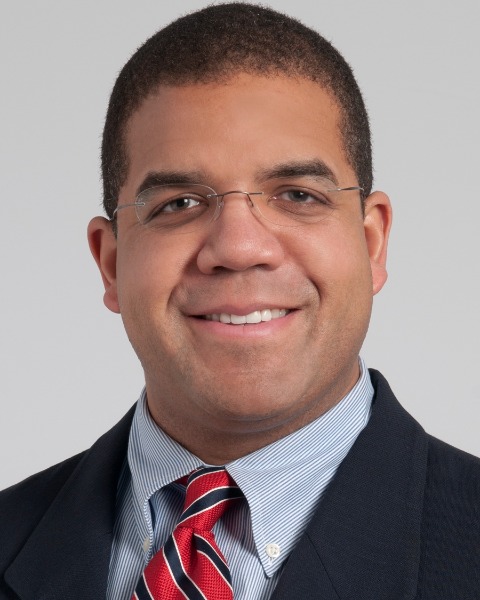Interventional Oncology
Deploying a Virtual Reality Simulator to assist in learning and troubleshooting Yttrium-90 radioembolization Delivery Box Setup

Charles Martin, III, MD, FSIR, MBA (he/him/his)
Staff Physician
Cleveland Clinic FoundationDisclosure information not submitted.
Poster Presenter(s)
Yttrium-90 radioembolization is a procedure that continues to increase in its utilization for oncologic therapy internationally. If the system for radioembolic deployment is hooked up incorrectly, if there is a problem that is encountered during the hookup, or during the administration of the radioisotope, this can potentially result in spillage of radiation, a lack of administration of radiation, or administration at a suboptimal location.
We propose a method of training on the device setup and potential troubleshooting scenarios to assist trainees (and those that do not perform the procedure frequently) in mitigating risk via the use of training in a virtual environment. Through the use of a Virtual Reality headset and development of virtual scenarios, our team has demonstrated that this method of training is successful in demonstrating improved understanding and retention of the radioisotope deployment process, and an increased comfort level in the procedure.
Materials and Methods: The research team created a true-to-scale 3D model of the Yttrium-90 radioembolization delivery box. This custom framework allowed the development team to create a sequence of objectives that the trainee could work towards completion. The framework also allows each experience to be recorded, and for multiple users to collaborate remotely within virtual reality in real-time
Results: 100% of the trainees were able to successfully complete a subset of the Yttrium-90 radioembolization delivery box setup tasks. 100% of the trainees improved in both completion time as well as the accuracy with which they performed said tasks with each successive training session. Trainees described that this improved communication, engagement, and understanding of the process. Our survey also demonstrated 100% of the trainees felt more comfortable proceeding with Y-90 after the use of the simulator, and all felt that they could use the system to maintain their level of comfort after training
Conclusion:
VR-based training for Yttrium-90 radioembolization delivery box is a safe, repeatable, measurable modality that can be delivered anytime and anywhere that a wireless VR headset can be operated. This training completely removes any safety hazards associated with radioisotopes. Since the virtual training framework leverages a 3D game engine, simulation of negative scenarios including dropping or spilling radioisotope or damaging any part of the delivery box can be delivered to trainees without the safety hazards associated with real world failures by either proctor or trainee

.png)
.png)
.png)
.jpg)
.png)
.png)
.jpg)
.png)
.jpg)